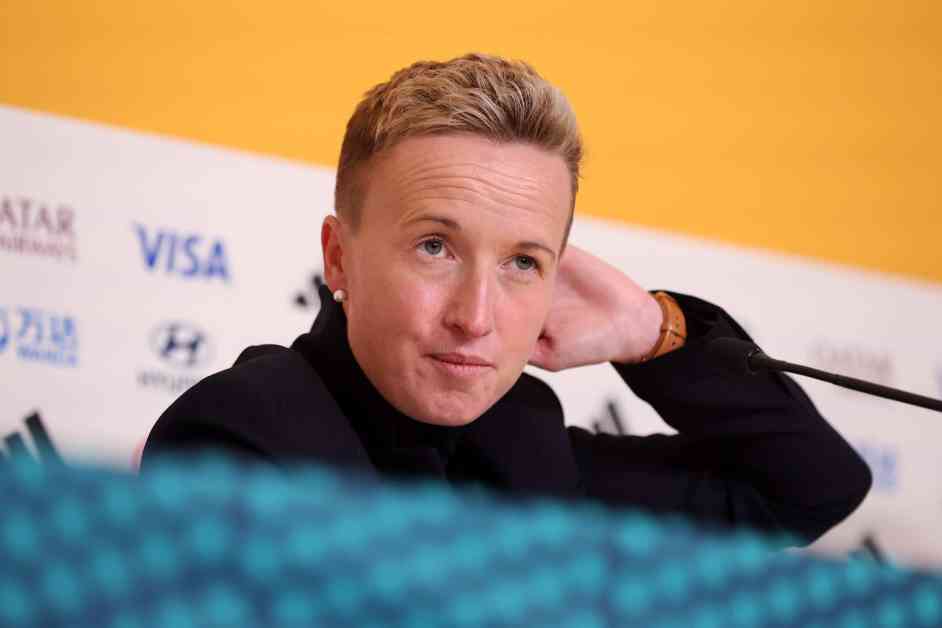The French, German, and Zambian national women’s football teams are denying accusations of using drones to spy on opposition training sessions. This comes after Canada head coach Bev Priestman, who has been suspended for a year by FIFA for admitting to using drone surveillance at the 2024 Paris Olympics, accused the top 10 teams of employing similar covert tactics.
In an internal email dated March 20, 2024, Priestman claimed that using drones for scouting could make a difference in winning or losing and alleged that all top 10 teams engaged in such practices. However, when contacted by The Athletic, several federations, including Spain, France, Germany, USWNT, Japan, Brazil, Australia, Colombia, New Zealand, Nigeria, and Zambia, denied these allegations and refuted Priestman’s claims.
The French Football Federation (FFF) stated that they do not use spying methods on opponents’ teams and strongly rejected the accusations. Team Zambia also emphasized that they do not use drones for spying and rely on traditional methods of analysis and scouting for match preparation. They maintain high ethical standards in their competition strategies and believe in fair play.
The German national women’s team denied using drones for spying on opposition training sessions and chose not to comment on Priestman’s accusations. Spain, the USWNT, Japan, Brazil, Australia, Colombia, New Zealand, Nigeria, England, Sweden, and the Netherlands did not respond to requests for comments.
New Zealand, Canada’s first opponents in Paris, reported a drone flying over their practice session, which was traced back to an “unaccredited analyst” with the Canadian women’s team. This incident led to Canada being docked six points in their Olympics qualification group and fined by FIFA. Priestman, the analyst, and another official received year-long suspensions.
Canada’s appeal to overturn the points deduction was dismissed by the Court of Arbitration for Sport (CAS). Despite the setback, Canada managed to qualify for the quarter-finals with a 1-0 win over Colombia, with assistant coach Andy Spence taking over the team in Priestman’s absence.
Canada Sport expressed disappointment with the appeal outcome, believing that the players should not have been punished for actions they were not responsible for. The situation has raised unanswered questions about possible punishments and the integrity of fair play in women’s soccer.
In conclusion, the controversy surrounding the use of drones in women’s soccer has sparked debates about ethics, fair competition, and the boundaries of scouting methods. The allegations and denials from top national teams highlight the importance of upholding high ethical standards in sports and maintaining integrity on the world stage.


















